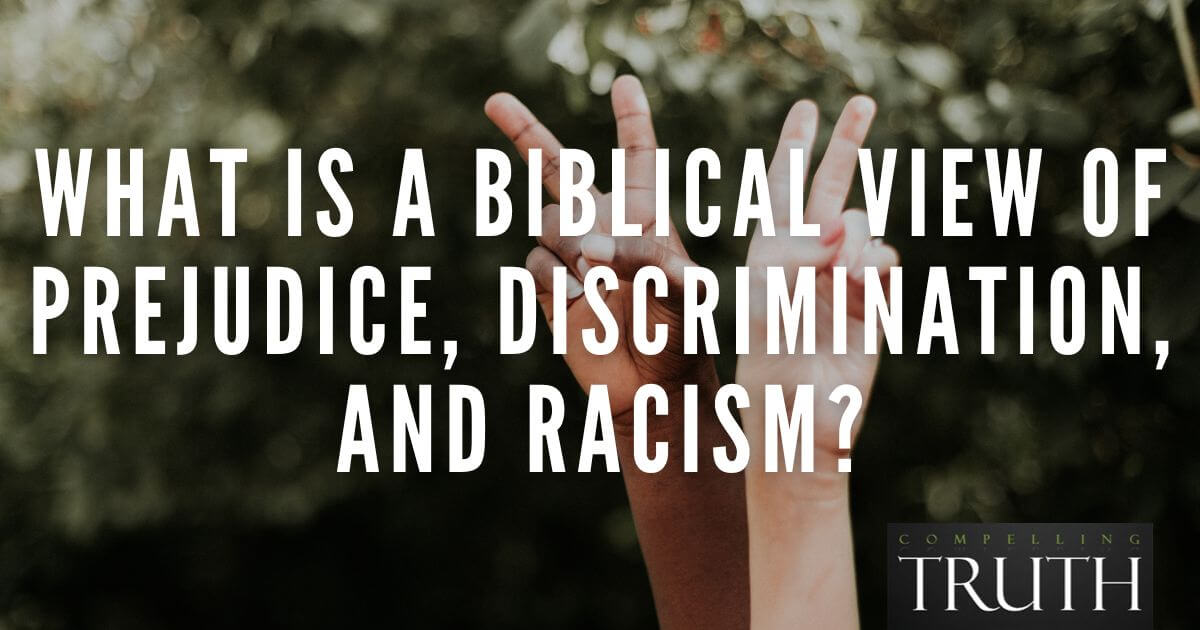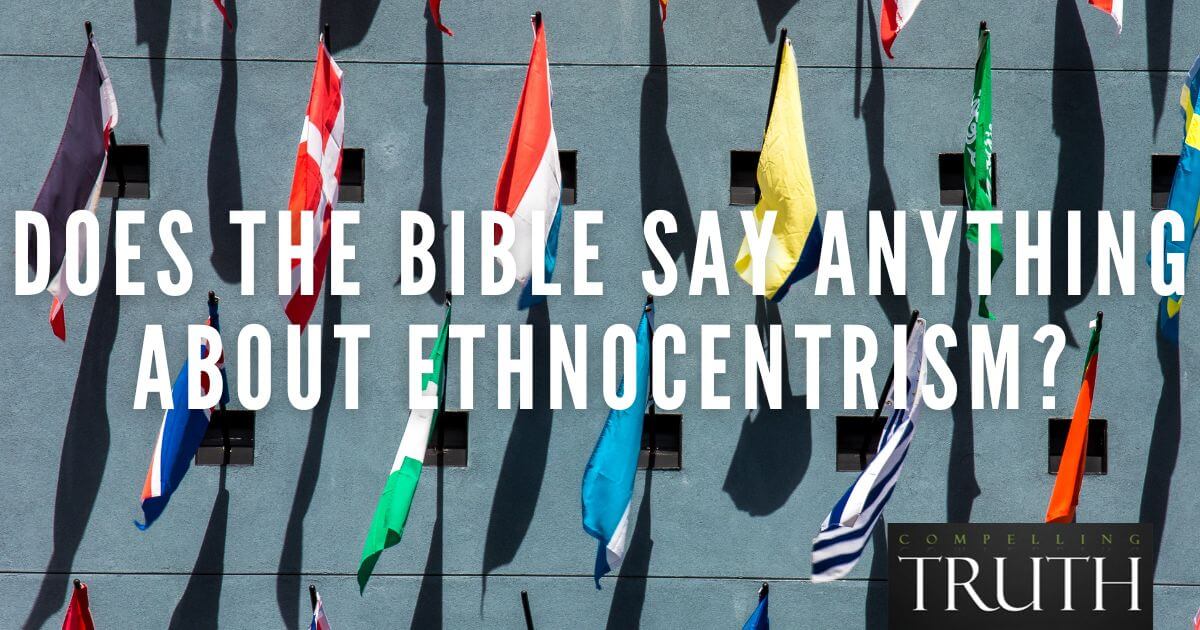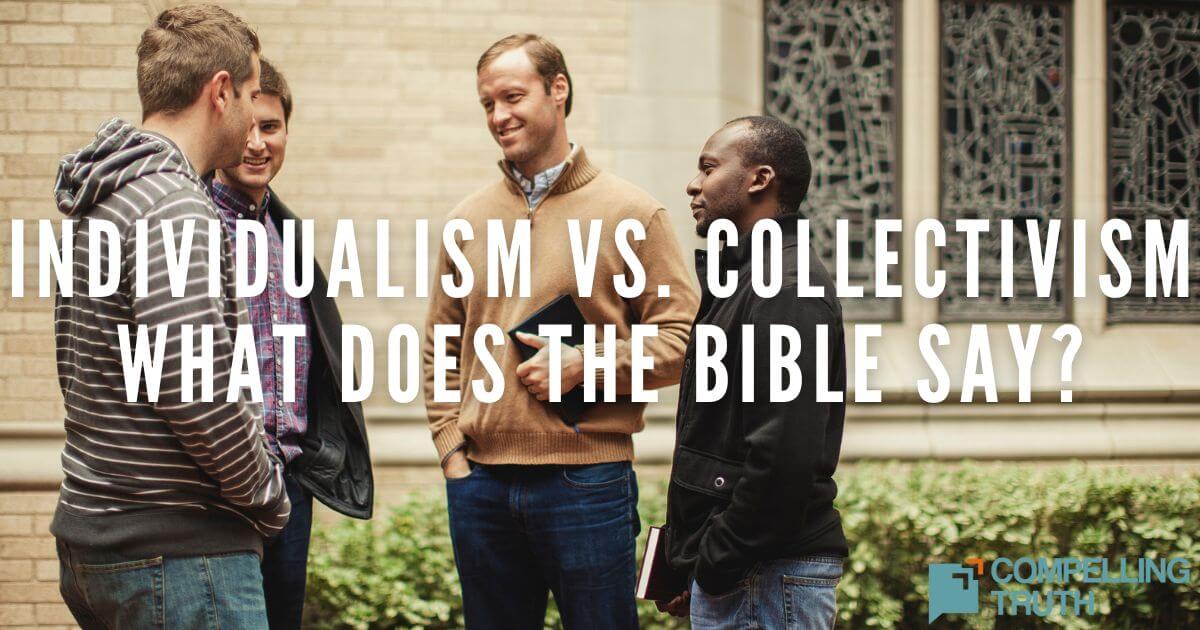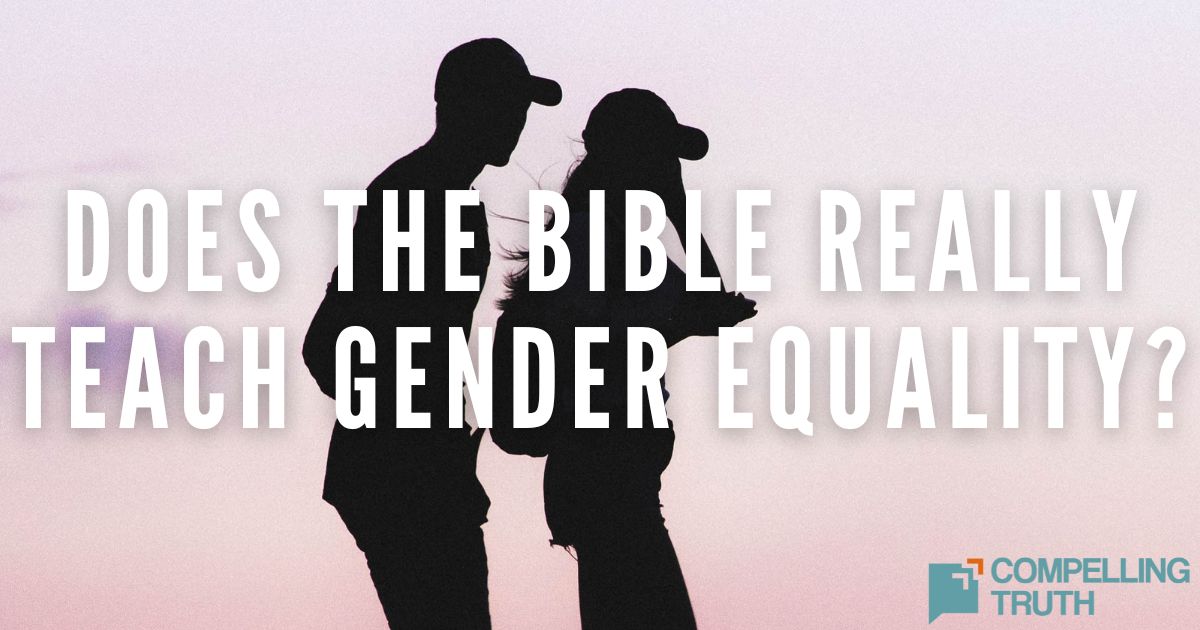The Bible does not mention "white privilege," but it does address the fundamental issues of equality, justice, and impartiality. According to Scripture, all humans were created in God's image (Genesis 1:26–27) and have equal worth in His eyes. It condemns favoritism based on social status or appearance (James 2:1–5) and advocates for justice for all (Leviticus 19:15). The Bible acknowledges the existence of social inequalities, but it also instructs believers to use whatever advantages they have to serve others (1 Timothy 6:17–19), stressing that Christ has overcome traditional social divisions and that we are united with Him (Galatians 3:28). The Bible instructs all Christians to love everyone as themselves (Romans 13:8–10), and to seek justice, love mercy, and walk humbly with God (Micah 6:8). Finally, God gives us a future glimpse into eternity where there is no privilege—white or otherwise—and where people from every tribe, tongue, and nation are praising God (Revelation 7:9).
Believers must recognize the equal value of all people as God's image-bearers, regardless of ethnicity or social status. This should then prompt us to examine ourselves, looking for signs of favoritism or prejudice in our own hearts and actions, and repenting as needed. The Bible's teachings also encourage Christians to actively combat systemic injustice in society. Instead of continuing injustice, we can expose it and reflect God's desire for us to seek justice, love mercy, walk humbly before Him, and treat people as made in God’s image.
Within the church, we are challenged to foster unity that transcends ethnic and social boundaries, thereby modeling reconciliation and equality for the larger society. We don’t need to shy away from understanding hurt and injustice where it has occurred, and we can celebrate the unique ways that God has created us instead of following the world’s way of dividing based on those differences.
Believers are called to be light in a world darkened by division and discrimination, reflecting God's heart for justice and mercy. By embracing the truth that all people are made in God's image, we can courageously confront our own biases, advocate for the oppressed, and champion unity over division. As the church, our commitment to reconciliation and equality serves not only as a witness to the power of the gospel but also as a tangible expression of God’s kingdom on earth—a kingdom where every person is valued, loved, and welcomed. Let us be relentless in living out this calling, embodying the love of Christ in every interaction and boldly standing for what is right, no matter the cost.




